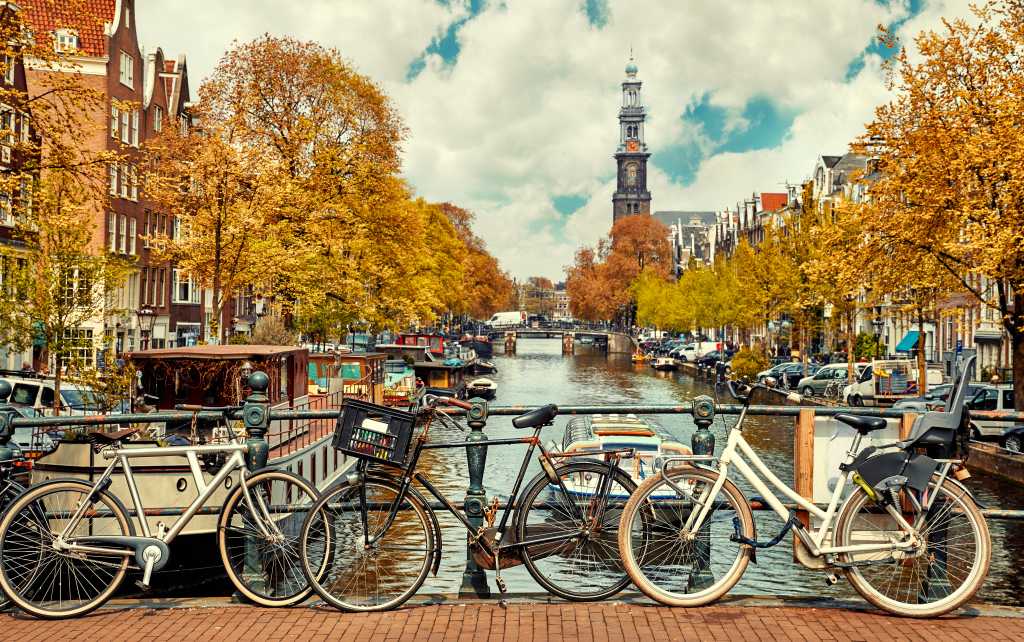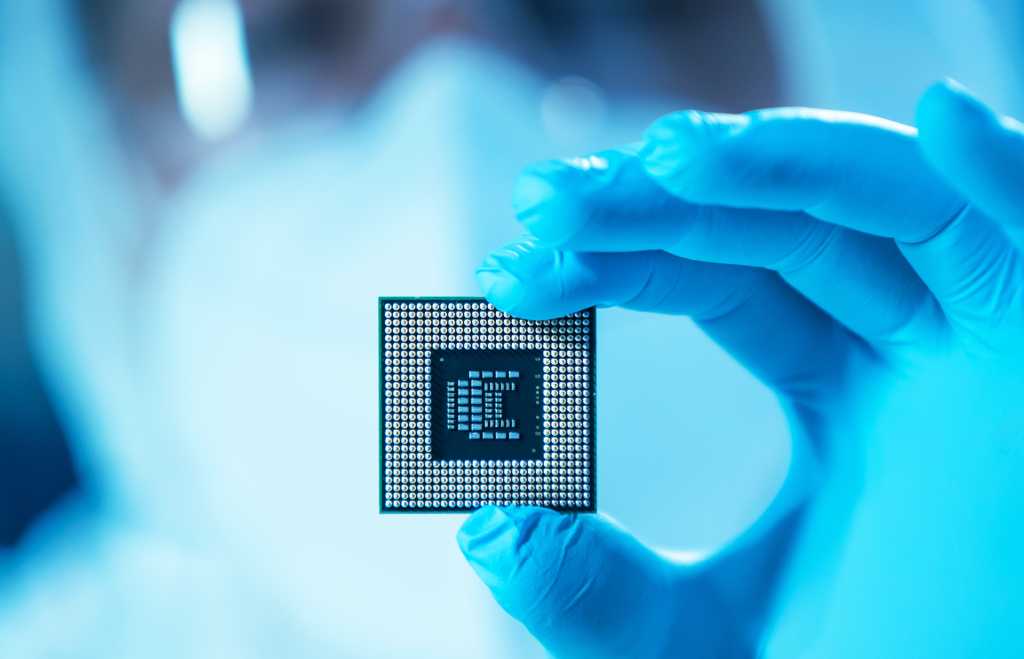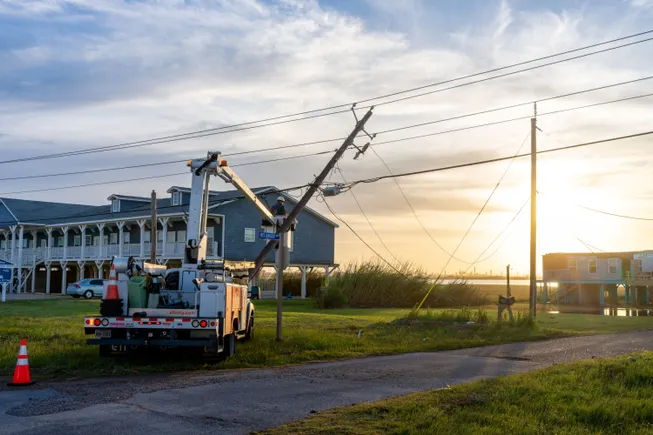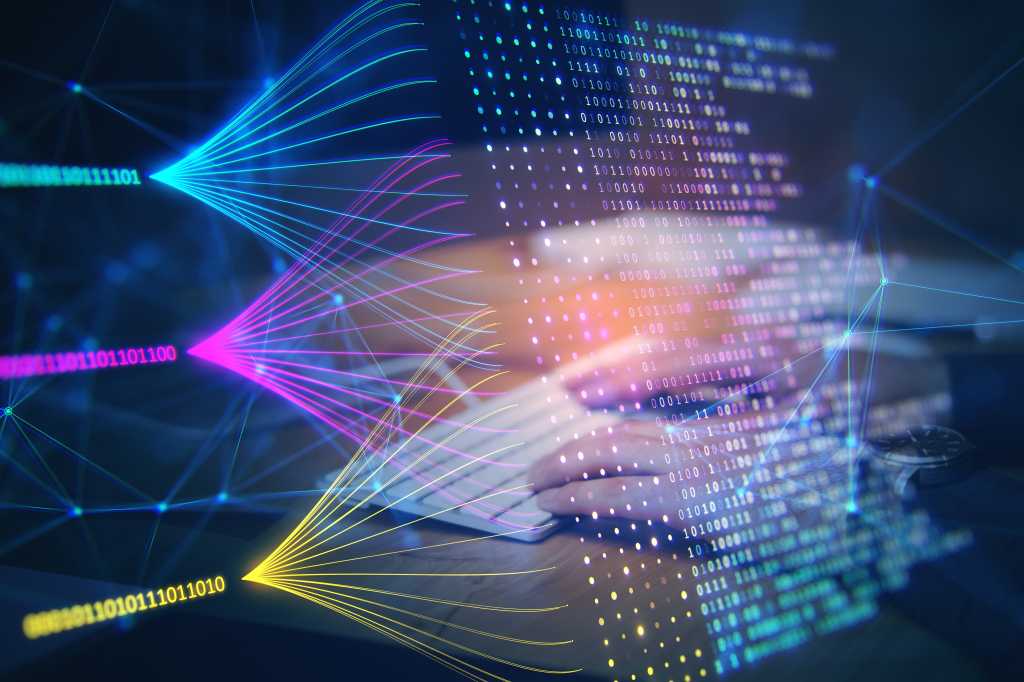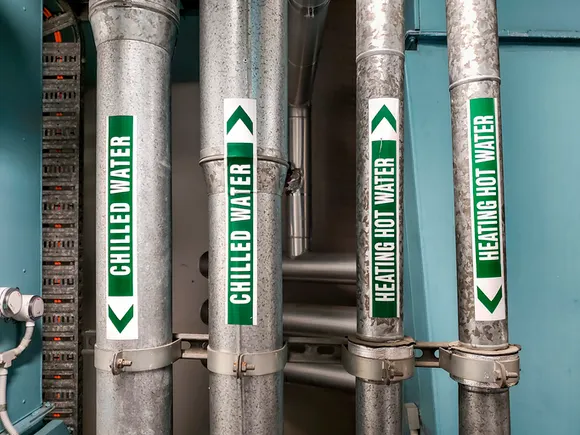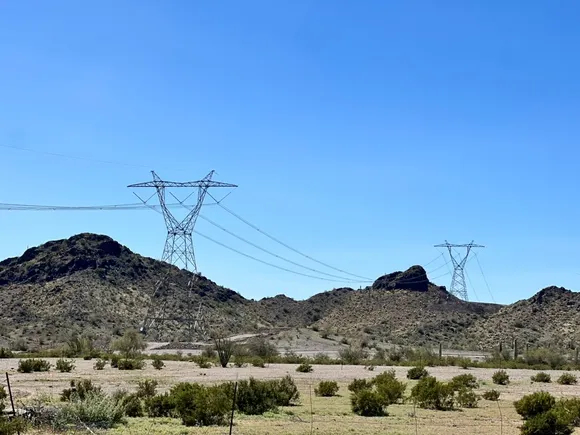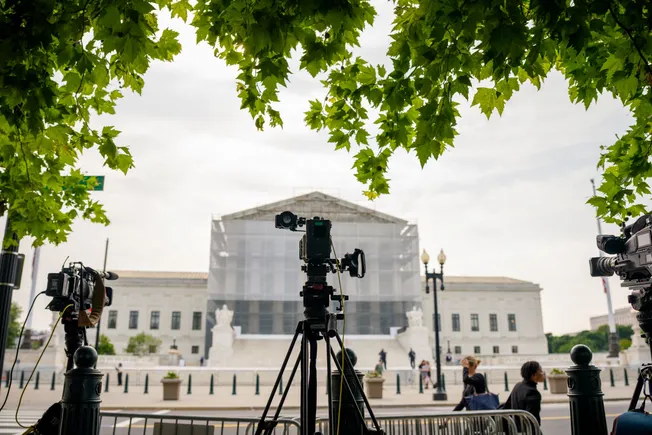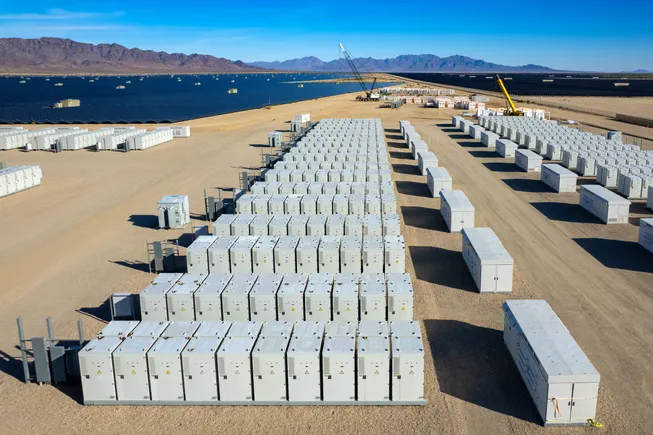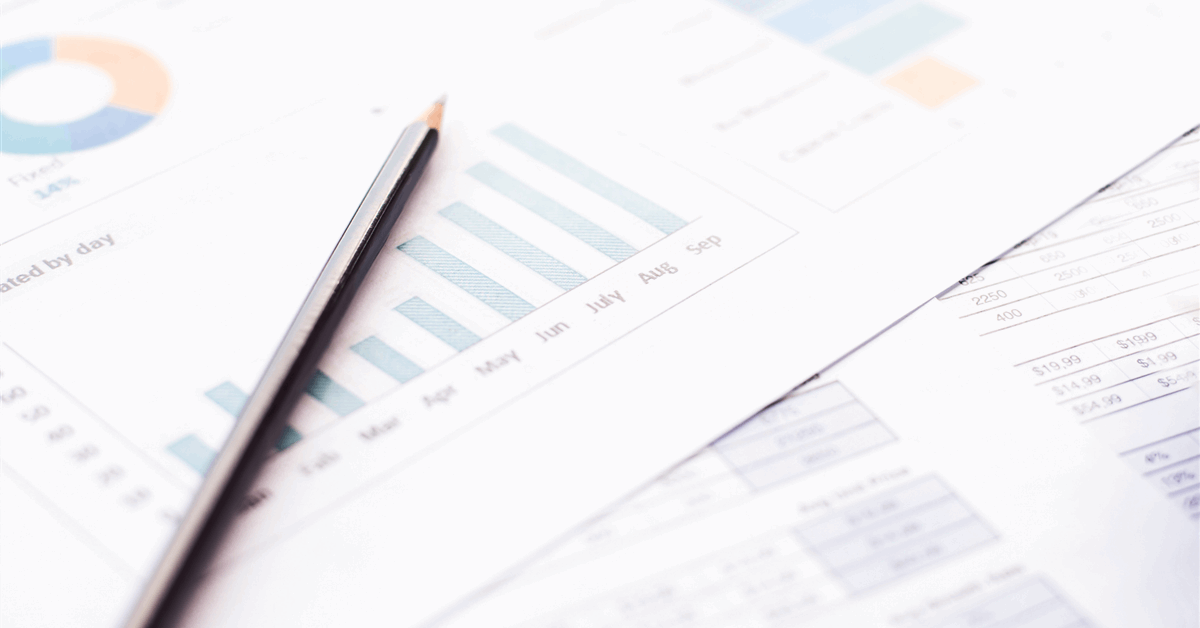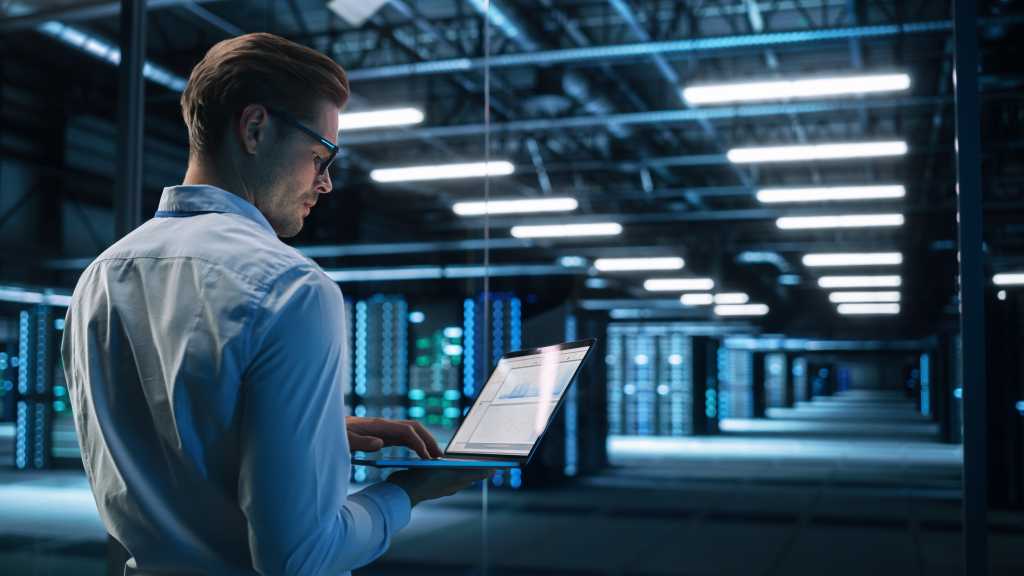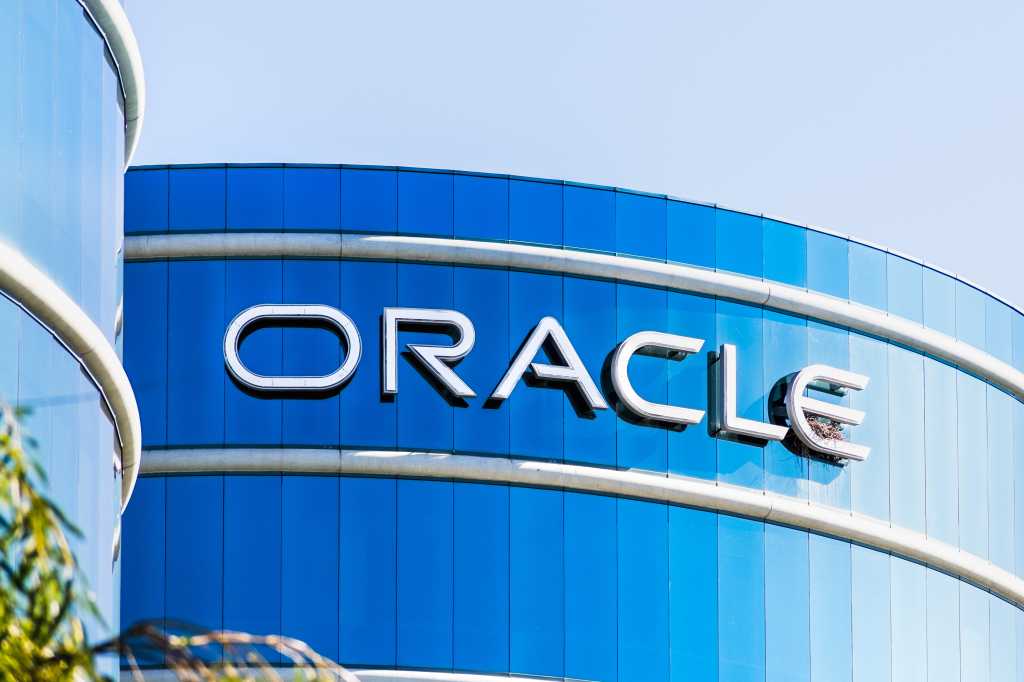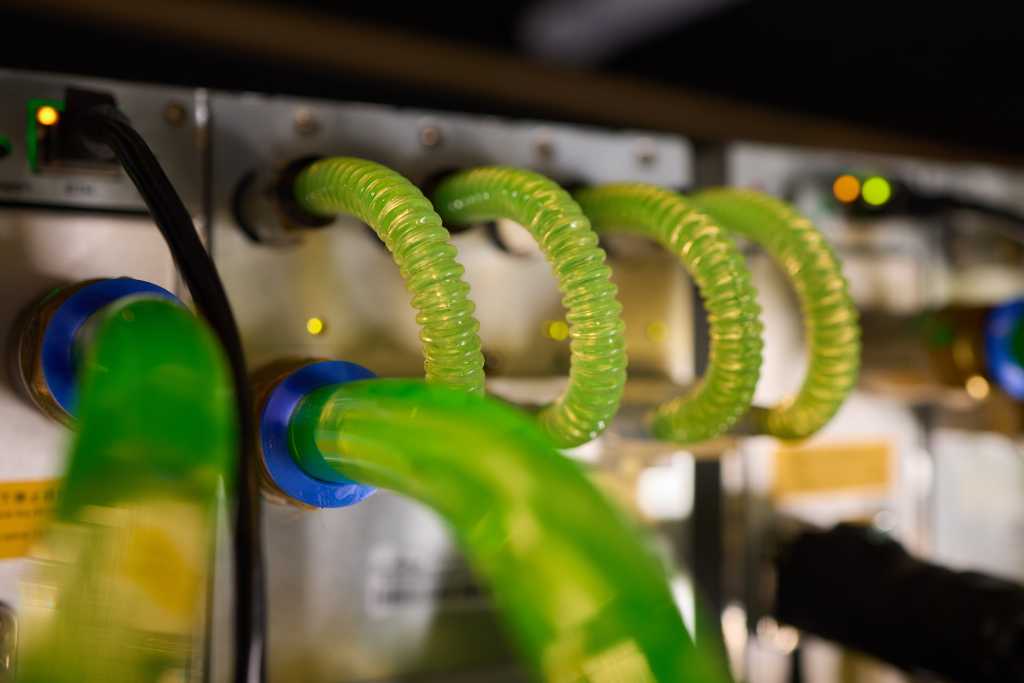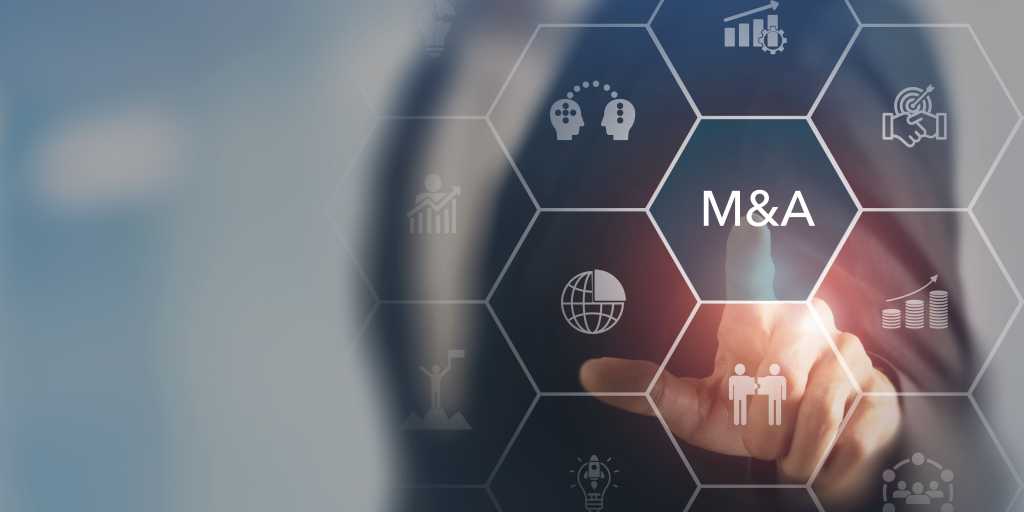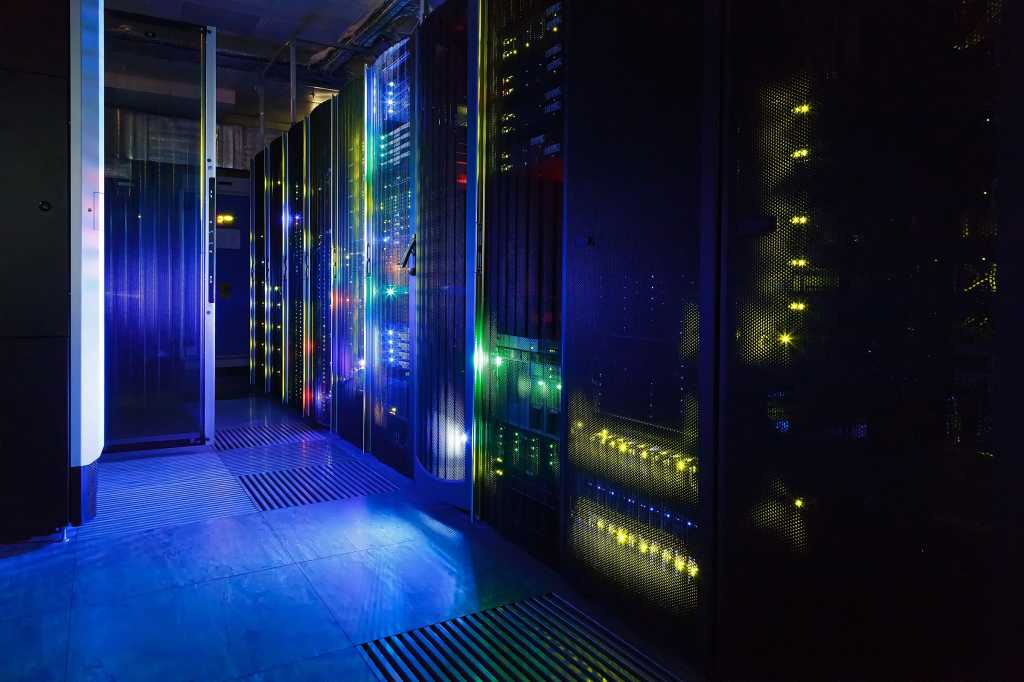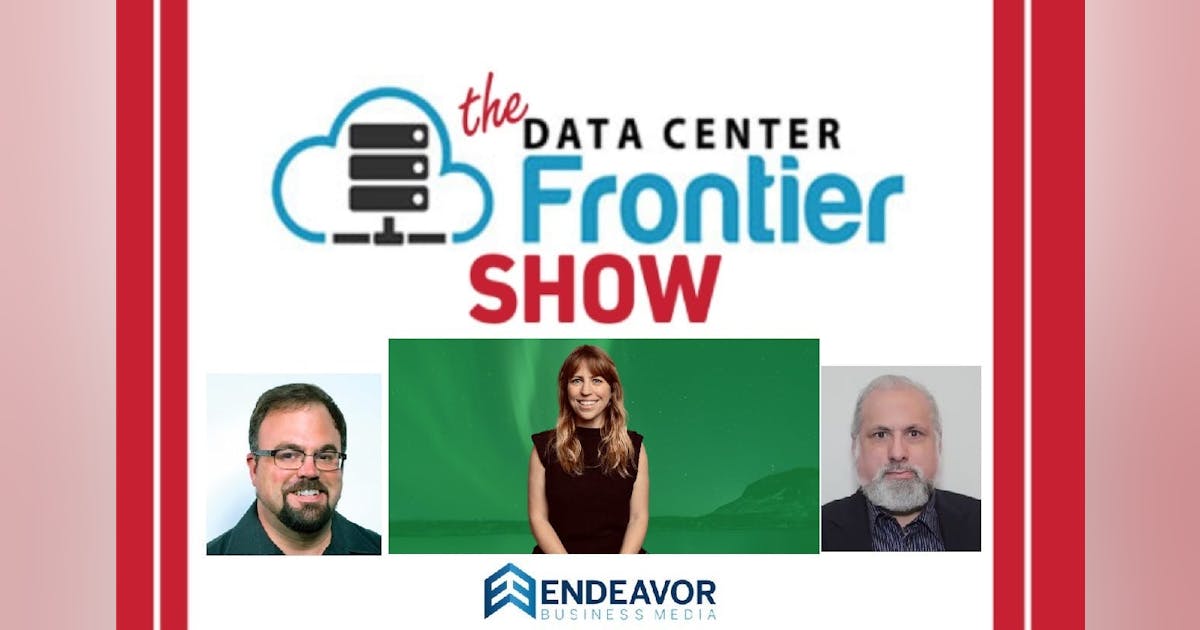
Miranda was a featured speaker at last September’s inaugural Data Center Frontier Trends Summit. The call for speakers is now open for this year’s event, which will be held again in Reston, Virginia from Aug. 26-28.
DCF Show Podcast Quotes from Miranda Gardiner, Executive Director, iMasons Climate Accord
On Her Career Journey and Early Passion for Sustainability:
– “My goals have always been kind of sustainability, affordable housing. I shared a story last week on a panel that my mother even found a yearbook of me from my elementary school years. The question that year was like, what do you hope for the future? And mine was there’d be no pollution and everyone would have a home.”
On Transitioning to Data Centers:
– “We started to see this mission-critical focus in facilities like data centers, airports, and healthcare buildings. For me, connecting sustainability into the performance of the building made data centers the perfect match.”
Overview of the iMasons Climate Accord:
– “The iMasons Climate Accord is an initiative started in 2022. The primary focus is emission reductions, and the only requirement to join is having an emission reduction strategy.”
– “This year, we refined our roadmap to include objectives such as having a climate strategy, incentivizing low-GHG materials like green concrete, and promoting equity by supporting small, women-owned, and minority-owned businesses.”
On Industry Collaboration and Leadership:
– “This year, through the Climate Accord, we issued a call to action on the value of environmental product declarations (EPDs). It was signed by AWS, Digital Realty, Google, Microsoft, Schneider Electric, and Meta—talk about a big initiative and impact!”
On EPDs and Carbon Disclosure:
– “EPDs provide third-party verification of materials coming into buildings. Pairing that with the Open Compute Project’s carbon disclosure labels on equipment creates vast opportunities for transparency and change.”
– “It opens up vast levels of change—equipment can be more efficient, building envelopes can respond, and structural engineers and planners now have a lot more data to work with to drive that change.”
On Big Leaps vs. Incremental Sustainability:
– “To your point about big picture versus incremental, I think the industry has two opportunities: staying ahead of regulatory pressures like those in the EU and leveraging partnerships, like the one between iMasons and the Open Compute Project, to drive meaningful change.”
On Sustainability’s Broad Ripple Effect:
– “By increasing the visibility and amounts of that kind of information in the market, we now have opportunities for equipment, building materials, and planning processes to ripple down and drive efficiency and sustainability at every level.”
On Greenwashing and the Need for Verification:
– “If I had a ruler, I wouldn’t want to say I’d use it, but it might be part of my repertoire for claims like, ‘We’re net carbon zero because we’re buying credits.'”
– “We are being much more mindful of citations, equations, and how we calculate emissions to ensure all claims are verified and supported. This ensures transparency and accountability.”
On Industry Growth and Emissions:
– “We’re a growing industry, and it means our emissions are growing. We need to take an even more stringent approach to offset and mitigate emissions if we stand a chance at mitigating climate change.”
On Collaboration for Policy and Guidelines:
– “We’re not as involved on the policy side, but we’re in conversations with groups like Lawrence Berkeley Lab and others to ensure that updates to federal and state-level regulations push the needle forward while also providing the right guidance.”
– “We aim to guide and inform the unique requirements of data centers, especially concerning energy and power use, which are top of mind for everyone right now.”
On Global Collaboration and Challenges:
– “Over 50% of our members operate globally or are based outside North America. Addressing global concerns is nuanced, as it often involves country-by-country regulatory differences.”
– “We are working to expand our advisory groups regionally and collaborate with organizations like the German Data Center Association and Africa Data Center Association to better address sustainability challenges in regions like APAC, Latin America, Africa, and the Middle East.”
On the AI Boom and Its Impacts on Sustainability:
– “AI, like any new technology, comes with benefits and trade-offs. It can help deliver solutions faster, but it also takes significant power and water.”
– “With the AI boom, there’s an argument to be made that sustainability isn’t just altruistic for the planet—it’s also critical for business, especially as power demand surges to unprecedented levels.”
On Balancing Innovation and Responsibility:
– “AI’s speed and efficiency are transformative, but we need to manage its resource demands responsibly. Visiting a data center housing AI equipment, you can feel its scale—it’s noisy and almost vibrating with energy.”

